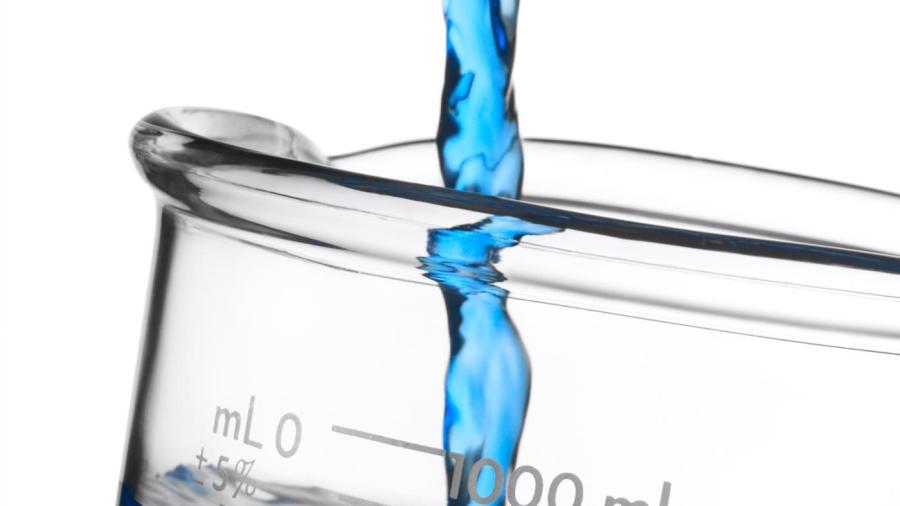Evaluating A Solution Objectively Means
What Does "solute" Mean in Science?

A solute is the smaller role of a solution, which in many cases is said to have been dissolved past the solvent. A solution is whatever mixture that is homogeneous at a molecular level, which means that any given volume of the solution has about the same proportion of blazon of molecule in the overall solution as the overall solution.
It is too important to note that a solution is dissimilar than a compound, and that the solvent and solute practice not accept either ionic or covalent bonds between them. Accordingly, pure water is not a solution despite having both hydrogen and oxygen atoms, but salt h2o, which has unbonded sodium and chloride ions dissolved, is a solution.
In liquids, a solution is mostly produced by a chemical procedure. For instance, h2o becomes salt water when the polar h2o molecules pull autonomously the sodium and chloride ions from the salt crystal, which so bladder in an even distribution through the h2o. However, gases also form solutions, and these oftentimes occur without a chemical reaction between their constituents. Air, for instance, is a solution with nitrogen as the solvent and oxygen, carbon dioxide and other gases equally the solutes. It is non a chemic interaction but the nature of gases in general that cause them to grade a solution in this way.
Evaluating A Solution Objectively Means,
Source: https://www.reference.com/science/solute-mean-science-861d934698d4282b?utm_content=params%3Ao%3D740005%26ad%3DdirN%26qo%3DserpIndex&ueid=e36763d5-cad6-469c-a785-3b9c13af5787
Posted by: beanandents.blogspot.com


0 Response to "Evaluating A Solution Objectively Means"
Post a Comment